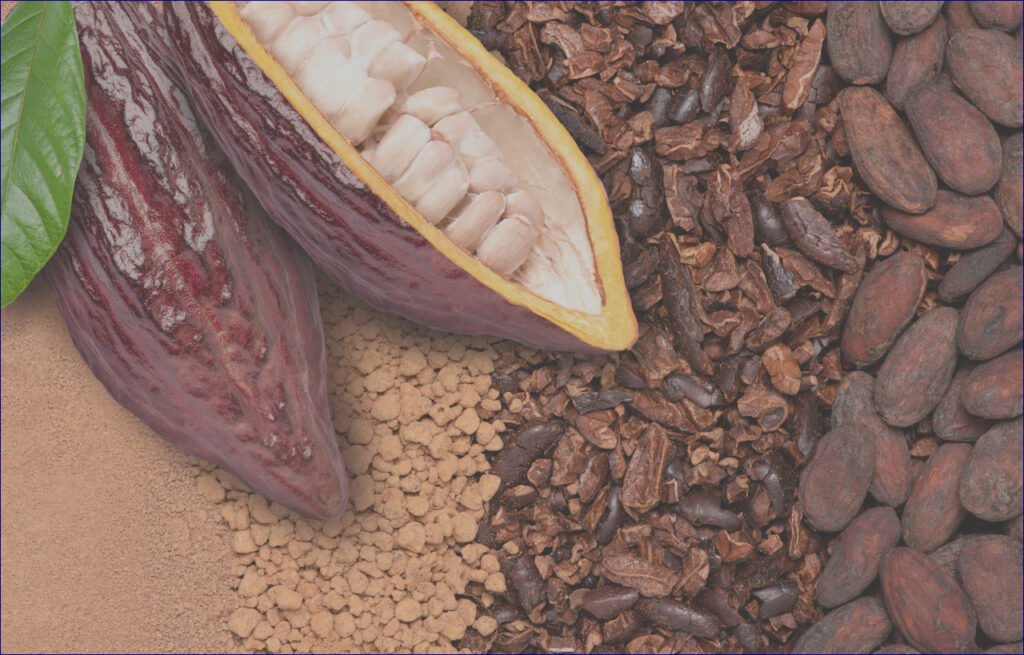In a significant twist for the world of cocoa production, California Cultured—an innovative startup pioneering the creation of flavanol-rich cocoa and various botanicals through cutting-edge plant cell culture—has successfully attracted considerable investment from Sparkalis, the corporate venture arm of the renowned chocolate and bakery ingredients titan, Puratos.
This transformative alliance aims to revolutionize the cocoa and chocolate production landscape, particularly in a market teetering on the brink of a supply-demand crisis as burgeoning consumer appetites dramatically outpace anticipated cocoa yields.
Expanding Horizons
Located in the vibrant city of Davis, California, this forward-thinking firm has recently inked a noteworthy collaboration with the Japanese food powerhouse Meiji, integrating its cocoa powder into a range of wellness products and confections. Furthermore, California Cultured is poised to finalize the construction of an ambitious 12,000-square-foot facility in West Sacramento, with a projected completion date in mid-December.
“There’s no exclusivity with Sparkalis,” states Alan Perlstein, CEO of California Cultured, reflecting on the partnership’s potential. “Yet, there’s palpable excitement regarding the expansive possibilities our technology can offer.” His enthusiasm is underpinned by Puratos’ illustrious reputation for delivering top-tier chocolate and baking solutions, alongside its extensive flavor development and fermentation expertise.
“The partnership centers on scaling up our operations. We’re particularly thrilled to collaborate with a company that recognizes the nuances and complexities of biomanufacturing—an area in which our solutions resonate strongly,” Perlstein elaborates.
Understanding Plant Cell Culture
In a remarkable departure from traditional agricultural practices which depend heavily on sunlight, soil, and extensive water use, California Cultured harnesses the power of bioreactors to nurture cacao plant cells indoors. These cells thrive on a carefully curated diet of sugars, vitamins, minerals, and other vital nutrients—ultimately leading to a revolutionary process that involves harvesting, fermenting, drying, and roasting to manufacture cocoa.
This technology, while already making strides in pharmaceutical manufacturing, especially with high-value drugs such as the breast cancer treatment Taxol, has caught the eye of those in the nutraceutical sphere. In light of supply chain vulnerabilities exacerbated by climate change and political instability, the potential for plant cell culture in producing botanicals is more urgent than ever.
However, Perlstein acknowledges the hurdles, particularly in scaling cocoa production—given the high volume requirements and the historically low price point of cocoa compared to more exclusive crops like saffron or vanilla. Yet he asserts, “The unit economics are viable. Our recent breakthroughs in biomanufacturing processes have validated our ability to compete with current commodity prices for cocoa and coffee.”
Rethinking Infrastructure
Perlstein highlights the limitations of relying on traditional steel bioreactors, advocating instead for a more adaptable plastic-based alternative. “From our inception, we’ve recognized the constraints posed by steel systems—they necessitate extensive infrastructure, resulting in inflated costs. Many companies falter when tackling large-scale operations without a solid understanding of these systems,” he argues.
Addressing concerns about the sustainability of using plastics, Perlstein reassures that recent innovations in material and design allow plant cells to thrive within plastic bioreactors, significantly enhancing their longevity and reuse potential compared to conventional methods.
Elevating Flavonoid Production
Interestingly, California Cultured is not focused on genetic engineering; rather, it harnesses advanced metabolomic insights to refine its production process. Perlstein explains the company’s dedication to deciphering cocoa’s metabolic pathways—efforts that promise not only to combat disease but also to optimize bioactive production.
By decoupling the typically variable yields of cocoa from external factors, the firm aims to offer a consistent and superior product. “Our plant cell culture can yield between 20-25% cocoa flavanols by weight,” Perlstein proclaims, indicating a staggering enhancement over conventional cocoa, which typically holds under 1%. “This revolutionary increase in flavanol concentration is exceptionally appealing to chocolate manufacturers.”
A Future of Sustainability
As the ecological pressures on traditional agriculture intensify, Perlstein expresses optimism, “We envision plant cell culture as a driver for producing a diverse array of plant-based ingredients sustainably and economically.” He elucidates the intricate complexities of flavor, aroma, and coloration that nature uniquely offers—elements that are becoming increasingly untenable to cultivate through traditional means.
Looking ahead, Perlstein maintains that if the degradation of tropical environments persists, the costs of essential botanical ingredients are destined to soar. Thus, by positioning California Cultured at the forefront of plant cell culture innovation, he is laying the groundwork for a scalable solution to the impending challenges facing cocoa production and beyond.
Investors are taking note, understanding the implications of supply chain fragility and the ripe potential for substantial returns in plant cell culture. Perlstein has already secured a noteworthy $15.9 million in funding, which he believes will enable his venture to meet the growing market demands effectively.
In a world increasingly conscientious of sustainability and quality, California Cultured stands ready to carve out its niche—ushering in a new era of cocoa production that blends innovation with ecological responsibility.

